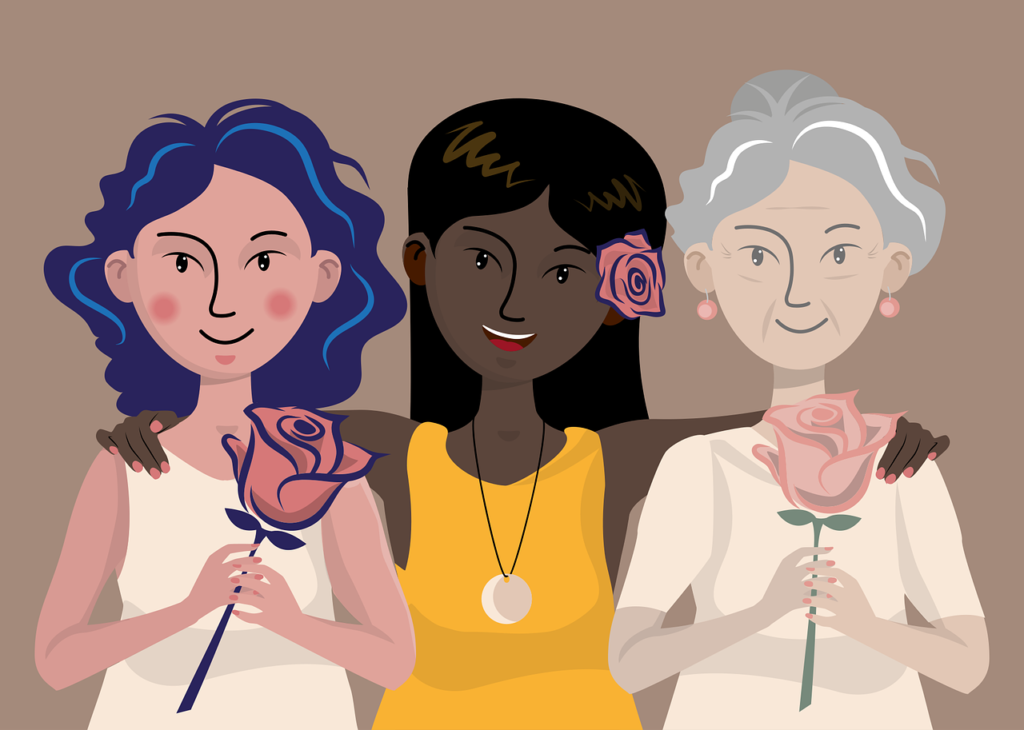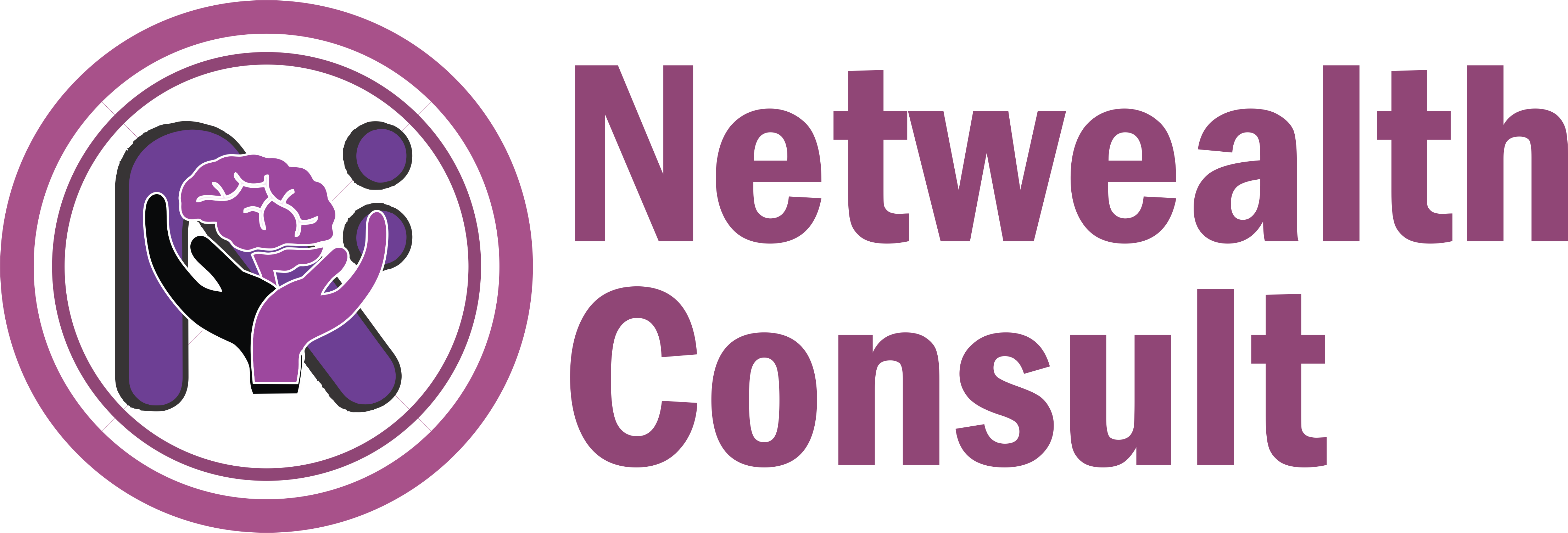Written By Mrs Mary Idoko, Clinical Psychologist; Netwealth Consult
Every 8th day of March, every year, women around the world are celebrated for their resilience and strength.
But despite years of celebration, women and their needs in the world are still major issues. More can still be done – and more is being done.
To better understand what this year’s theme represents, this post would highlight some of women’s needs, their demands, and actionable steps that can be implemented for a more equitable world for women.
International Women’s Day 2025 Theme
International Women’s Day (IWD) 2025 comes with a powerful and urgent theme: “Accelerate Action for Gender Equality.”
This theme serves as a reminder that while progress has been made, achieving full gender equality remains a distant goal.
Therefore, now is the time to take bolder, faster, and more effective actions to close the gender gap in all aspects of life.
But, like many have asked, what is the current state of gender gap in the world?

The Current State of Gender Equality
Despite decades of advocacy and progress, gender disparities persist worldwide. Which has led to more women continuing to face challenges in education, employment, leadership, and access to resources.
According to the World Economic Forum’s Global Gender Gap Report, at the current rate of progress, it will take over 130 years to close the global gender gap.
Such a timeline is unacceptable, and it underscores the necessity of accelerating action!
But what can be done?
How soon can these actions be made?
Also, what are some key areas that MUST be tackled fast to ensure women are represented and feel among?
Key Areas Requiring Urgent Actions In Gender Equality
To achieve gender equality at a faster pace, governments, businesses, and societies must focus on key areas that significantly impact women’s empowerment.
Some of the key areas that require, as a matter of urgency, important attention in bridging the gender inequality gap include:
1. Economic Empowerment and Equal Pay For Women
Women earn, on average, only 77 cents for every dollar earned by men. This wage gap is even wider for women of color and those in marginalized communities.
Ensuring equal pay for equal work, increasing women’s access to high-paying industries, and providing paid parental leave are critical steps toward economic equality.

The 2022 Global Gender Pay Gap report ranks Nigeria 123 out of 146 in gender equality. This is considered an improvement because the country has seen a decrease in gender disparity in terms of opportunity subindex and economic participation.
Still, sub-Saharan Africa needs 98 years to close the gap completely.
Meanwhile, according to the International Monetary Fund (IMF), Nigerian women account for 70 per cent of the country’s poorest population despite accounting for 49.3 of the global population, with women earning 45 per cent less than male colleagues.
2. Leadership and Political Representation For Women
Women are still underrepresented in leadership positions, whether in politics, business, or academia. Globally, only about 26% of parliamentary seats are held by women.
Therefore, to bring more women into leadership would entail encouraging policies that support women’s leadership, implementing gender quotas, and fostering mentorship programs can accelerate their representation in decision-making roles.
As of 2023, women account for 41.9% of the workforce worldwide, while only 32.2% are in senior leadership positions
3. Education and Skill Development
Education is a powerful tool for gender equality, yet millions of girls worldwide are denied access to quality education.
Therefore, to further improve the situation of girls’ education, governments and individuals should invest in girls’ education, promoting STEM careers for women, and providing lifelong learning opportunities can help bridge this gap.
With steps like these, more girls would find their feet in the world, and the gap reduced.
4. Ending Gender-Based Violence
Gender-based violence (GBV) remains a significant barrier to equality.
According to research, one in three women globally has experienced physical or sexual violence.
That’s a lot!
Therefore, in ensuring that more women are safe, actions against GBV must be accelerated.
These actions require stronger laws, better enforcement, survivor support services, and widespread education on consent and gender respect.
In addition, these actions needs to be consistent and their enforcement coded into law.
5. Technology and Digital Inclusion
The world is changing, and technology leads the way in transforming the world.
But women are far removed from this technological evolution.
Because of the enormity of technology, women’s inclusion is paramount, not an option.
With limited opportunities for women in tech, innovative and policy decisions such as digital literacy should be implemented.
These decisions would ensure internet access, thereby supporting women’s growth in different technological fields.

How to Accelerate Action For Better Results
To make significant strides, we must move beyond awareness and focus on measurable actions.
These actions include:
- Policy Reforms: Governments must implement and enforce laws that promote gender equality in all sectors.
- Corporate Responsibility: Companies should establish inclusive hiring practices, pay equity, and leadership development programs for women.
- Community Engagement: Grassroots movements and local organizations play a vital role in advocating for women’s rights.
- Individual Commitment: Everyone can contribute by challenging stereotypes, supporting women-led initiatives, and advocating for fair policies.
Conclusion
Accelerate Action for Gender Equality is more than just a theme—it’s a call to act with urgency. The world cannot afford to wait another century to achieve gender equality.
By taking bold, immediate steps today, we can build a more just, inclusive, and equitable future for all.
Let’s commit to making 2025 a year of transformative progress in the fight for gender equality.
References
Diana Osagie ‘The academy of women’s leadership’, March 8th 2024
World Economic Forum’s Global Gender Gap Report 2024
2022 Global Gender Pay Gap report

